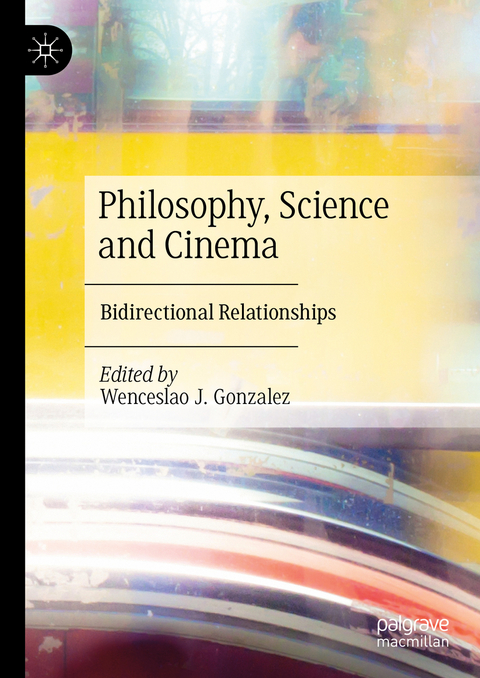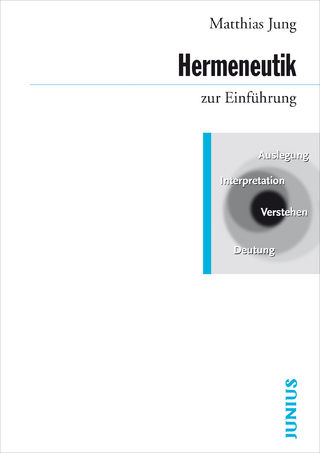
Philosophy, Science and Cinema
Springer International Publishing (Verlag)
978-3-031-68988-8 (ISBN)
- Noch nicht erschienen - erscheint am 20.02.2025
- Versandkostenfrei
- Auch auf Rechnung
- Artikel merken
Now that cinema is offline and online, the capacity of cinema to relate to philosophy and science has increased. In this regard, this book seeks to deepen the relationship between philosophy, science, and cinema in terms of bilaterality. This analysis leads to several successive levels of analysis. First, between philosophy and cinema, where the philosophical perspective bifurcates in several directions, depending on the philosophical branch used. This affects in both directions: from the philosophical orientation to the cinematographic activity and, from cinema, towards the philosophical line used. Second, the relations between science and cinema also go in both directions. Thus, they are modulated by the type of scientific research used and by the film genre employed. Thus, bilaterality is altogether a network of bidirectional relations modulated by various possibilities of analysis.
Wenceslao J. Gonzalez is Professor of Logic and Philosophy of Science at the University of A Coruña, Spain. He is a Full Member of the Académie International de Philosophie des Sciences and Fellow of the Center for Philosophy of Science at the University of Pittsburgh, USA.
Part I. Science and Cinema from a Philosophical Viewpoint: From Complexity to Truth.- 1. The Bidirectional Relationship between Science and Cinema: The Philosophical Perspective of Complexity; Wenceslao J. Gonzalez.- 2. Science, Fiction and Science-Fiction: Knowledge and Ignorance from Movies; Gregory Currie.- Part II. Epistemological and Ontological Aspects of Science and Cinema: Fact and Fake News.- 3. Science, Fact, Fiction and Fake News in Cinema: Semantic, Epistemological, Methodological and Ontological Aspects; Wenceslao J. Gonzalez.- 4. Cinema and Television Series through the Internet and Communicative Impact: The Problem of Fake News and the Contribution of Communication Sciences; María José Arrojo.- Part III. Scientists and Films: The social dimension and scientists as Consultants.- 5. The Social Dimension of Cinema in Terms of Science, Technology and Society, Jesus Alcolea-Banegas.- 6. From Silver Screen to Outer Space: The History of Scientists as Consultants for Space Travel Films; David Kirby.- Part IV. Mathematics and Artificial Intelligence in Cinema.- 7. Mathematicians as researchers and their representation in the movies; Jesus Alcolea-Banegas.- 8. Reach and Limits of Artificial Intelligence: From Neuroscience to Cinema; Pedro Jesús Teruel.- Part V. Imagination and Perception of Subjects: Science and Cinema.- 9. Understanding the Real: The Subject's Affirmation in Matrix; Carmen Romero.- 10. Filming the senses: Capturing perception in an audiovisual medium; Brian L. Keeley.
| Erscheint lt. Verlag | 20.2.2025 |
|---|---|
| Zusatzinfo | XXXI, 393 p. 12 illus. |
| Verlagsort | Cham |
| Sprache | englisch |
| Maße | 148 x 210 mm |
| Themenwelt | Geisteswissenschaften ► Philosophie ► Allgemeines / Lexika |
| Naturwissenschaften | |
| Sozialwissenschaften ► Kommunikation / Medien ► Medienwissenschaft | |
| Schlagworte | Cinema • Fiction • Film • Philosophy • Science |
| ISBN-10 | 3-031-68988-7 / 3031689887 |
| ISBN-13 | 978-3-031-68988-8 / 9783031689888 |
| Zustand | Neuware |
| Informationen gemäß Produktsicherheitsverordnung (GPSR) | |
| Haben Sie eine Frage zum Produkt? |
aus dem Bereich


